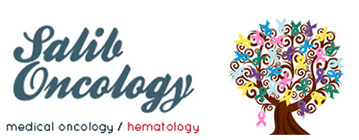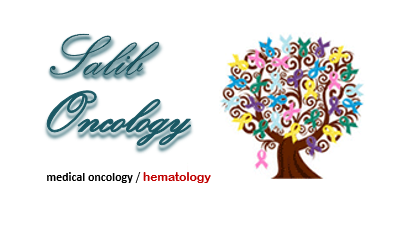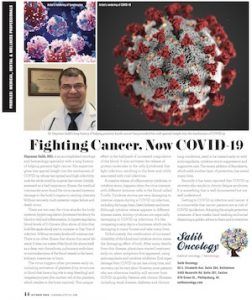Get More Information!
A new study shows promising results. There is no question that breast cancer can be a frightening diagnosis. It’s complicated even more by the fact that
Are you tired and feel you can’t concentrate? Do you find yourself not being able to remember information easily? Maybe you’re a student who’s having
Interested in finding out what exactly an oncologist is? Click here to read our blog about the different types. Feel free to call us if you have questions.













